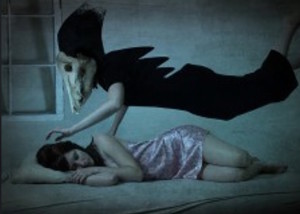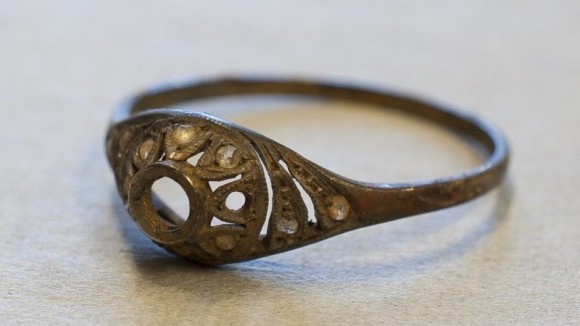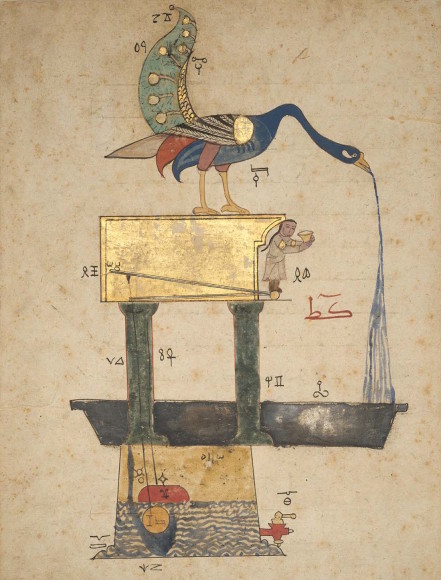Can A Nightmare Kill You?
As all sleep paralysis or night terror sufferers will tell you, there’s nothing more real than their nightmares…
From Buzzfeed, an excellent piece on the mystery and the terror:
by Doree Shafrir
“It is the middle of the night, and there is something very wrong in my apartment. I leap up from my bed and rush to the closet and crouch down and throw aside my shoes, which are arranged on a rack on the floor. I know I must work quickly; I am breathing fast and hard. There?—?there, behind the shoes, I see it: I don’t know what it is, but it needs to come out, or I am going to die. I pull and pull and finally get it out.
But something is still wrong. I am now completely panicked, and I jump back onto my bed and lean over the half-wall that my bed is up against, overlooking the hallway. There, I see what’s causing all the problems, and I push it downward and off the wall with all my might. It shatters loudly, glass flying everywhere.
Then, finally, I wake up. My two dogs are cowering in the corner, and I put on shoes to sweep up the glass. I am confused and embarrassed, though there is no one besides the dogs there to see that I just pushed a framed poster off a wall and broke it. I clean up the glass and go back to sleep, and it is not until the morning, when I see my shoes scattered everywhere, that I look into the closet and realize that I have also ripped the TV cable completely out of the back wall of my closet.
These brief but incredibly vivid nightmares happen for years: they’re never quite so violent as that first one, which happened around 2003, but almost always as scary. I don’t know what to call them, but they become a familiar part of bedtime, and there are times when I am afraid to go to bed because I know that just as I start to fall asleep, I will be jolted aware in a state of sheer terror. Then, just as suddenly as they start, they ebb for a time, and I wonder if I’ve gotten better. But they always come back.
Here are some other things I’ve believed in the middle of the night:
They are monitoring my breathing. If I don’t hold my breath and stay completely still, I am going to die. I am not allowed to move at all, or they will know, and they will kill me…”
For the rest, click here.
Share


